- 《答聂文蔚》 [2017/04]
- 爱国者的喜讯,干吃福利的绿卡族回国希望大增 [2017/01]
- 奥巴马致女友:我每天都和男人做爱 [2023/11]
- 周五落轨的真的是个华女 [2017/03]
- 现场! 全副武装的警察突入燕郊 [2017/12]
- 法拉盛的“鸡街”刚刚又闹出人命 [2017/11]
- 大部分人品太差了--- 中国公园里的“黄昏恋” [2019/12]
- 年三十工作/小媳妇好吗 /土拨鼠真屌/美华素质高? [2019/02]
- 亚裔男孩再让美国疯狂 [2018/09]
- 黑暗时代的明灯 [2017/01]
- 看这些入籍美加的中国人在这里的丑态百出下场可期 [2019/11]
- 看看谁给华涌女儿过生日了? [2017/12]
- 智利中國留學生攻擊支持香港遊行的臺灣炸雞店 [2019/08]
- 当今的美国是不是还从根本上支持中国的民主运动? [2017/10]
- 文革宣传画名作选之 “群丑图” 都画了谁? [2024/01]
- 香港的抗争再次告诉世人 [2019/06]
- Why Xi Jinping’s (Airbrushed) Face Is Plastered All Over China [2017/11]
- 国民劣根性背后----为什么中国人这么坏! [2023/10]
- 中国女欢呼日本地震 欧洲老公惊呆上网反思 [2024/01]
- 周末逛法拉盛,还是坐地铁? [2017/10]
- 加入外国籍,你还是不是中国人?谈多数华人的愚昧和少数华人的觉醒 [2018/02]
- 春蚕到死丝方断, 丹心未酬血已干 [2017/03]
- 1919年的两本书之:凯恩斯如何预见德国的崛起和后果 [2019/12]
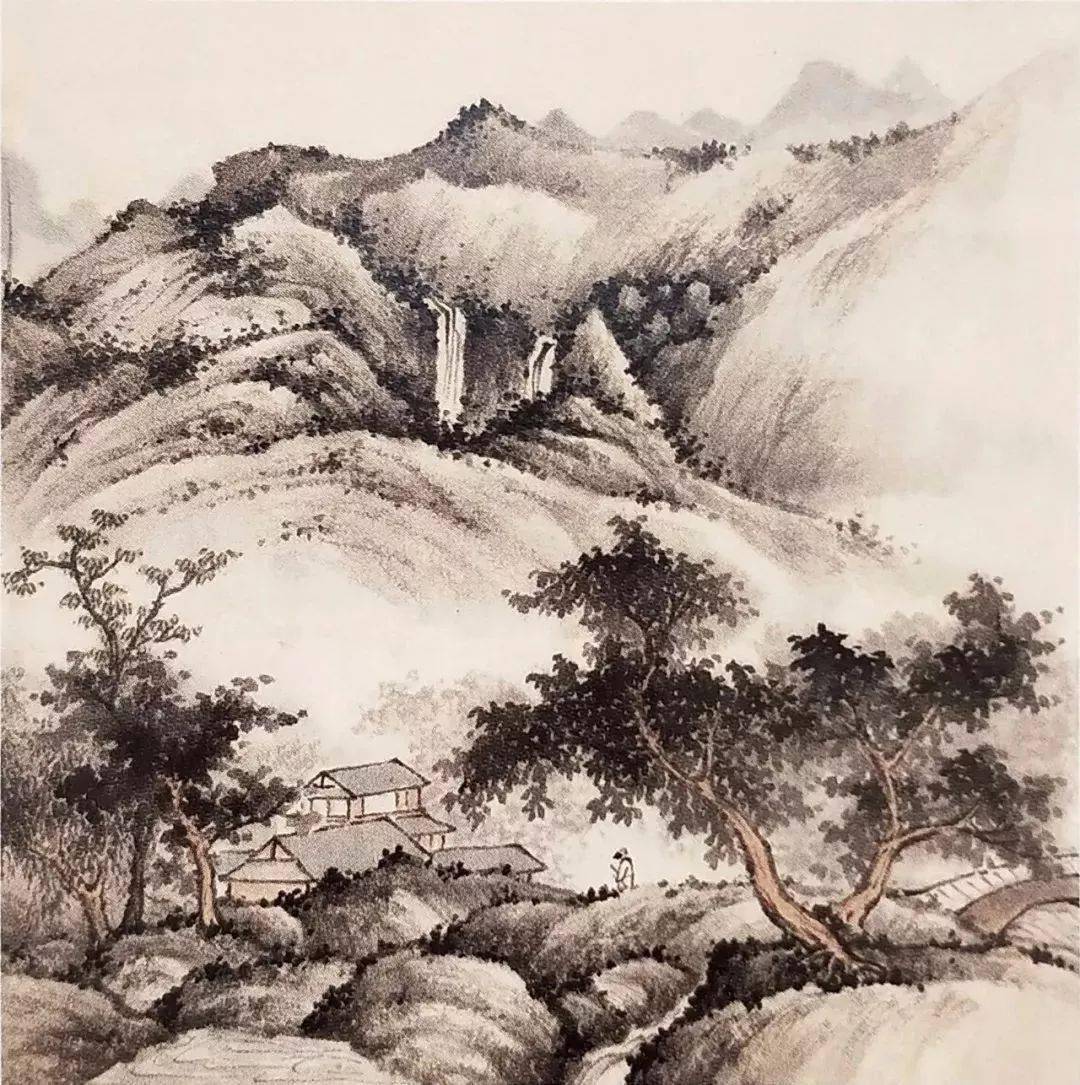
秋风引 刘禹锡
何处秋风至 萧萧送雁至
朝来入庭树 孤客最先聞
Ode to the autumn wind
Where does the autumn wind come from
rising it sees off the geese
entering courtyard trees at dawn
it wakes a lone traveler first
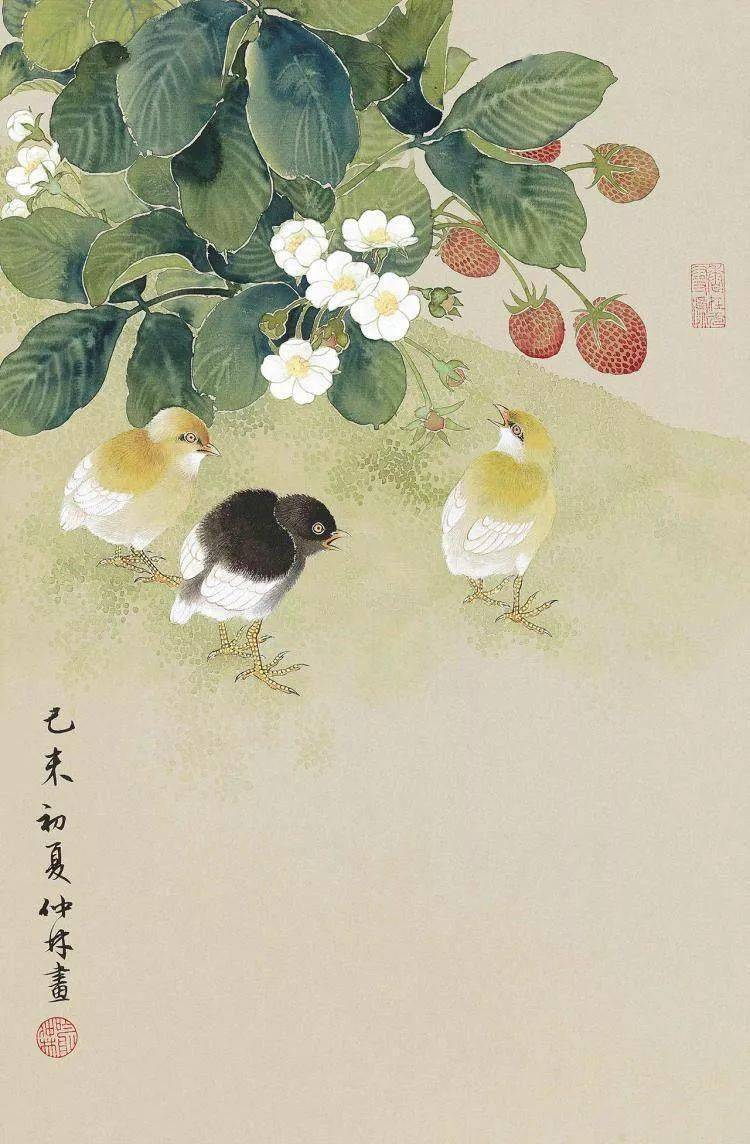
这首诗主要要表达羁旅之情,但妙在不从正面着笔,始终只就秋风做文章,在篇末虽然推出了“孤客”,也只写到他“闻”秋风而止。至于他的旅情归思是以“最先”两字来暗示的。如照说,秋风吹到庭树,每个人都可以同时听到,不应当有先后之分。而惟独孤客“最先”听到,可以想见,他对时序、物候有特殊的敏感。而他如此敏感的原因。这就是对“最先闻”的解释。诸家评语都称赞这一结句曲折见意,含蓄不尽,为读者留有可寻味的深度。从全诗看来,却必须说“不可闻”,才与它的苍凉慷慨的意境、高亢劲健的风格相融浃。两个结句,内容相似,一用曲笔,一用直笔,却各尽其妙。
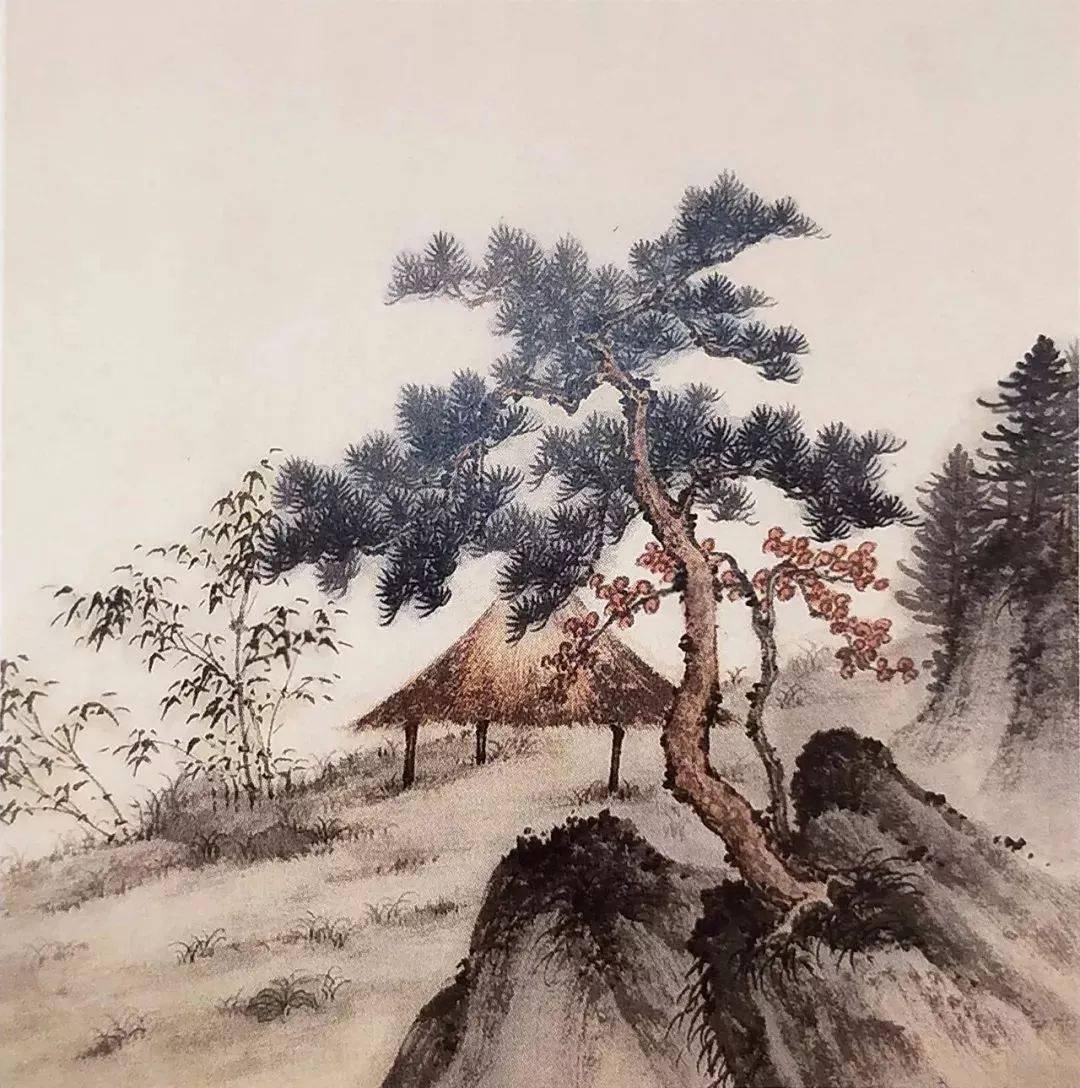
翻译这首诗的美国著名译者Red Pine 是这样介绍作者和这首诗的:
刘禹锡(772-842)出生于运河名城徐州的一个儒家家庭。 尽管他担任过太子参事、礼部副郎等重要职务,但因写讽刺当权者的诗而两度被贬。
秋风让刘想起他生命中夏天的结束和失去皇宠。 他像大雁一样,向南飞去,远离他被流放的首都。 但与雁不同的是,他是独自旅行。 庭院是旅人客栈的庭院。
(Liu Yu-hsi (772-842) was born in the Grand Canal town of Hsuchou to a family of Confucian scholars. Although he held several important posts, such as advisor to the heir apparent and vice-minister in the Ministry of Rites, he was twice demoted because of poems he wrote satirizing those in power. The autumn wind reminds Liu of the end of the summer of his life and of the loss of imperial favor. Like the geese, he is headed south, away from the capital from which he has been banished. But unlike the geese, he is traveling alone. The courtyard is that of a traveler's inn)
(Liu Yu-hsi (772-842) was born in the Grand Canal town of Hsuchou to a family of Confucian scholars. Although he held several important posts, such as advisor to the heir apparent and vice-minister in the Ministry of Rites, he was twice demoted because of poems he wrote satirizing those in power. The autumn wind reminds Liu of the end of the summer of his life and of the loss of imperial favor. Like the geese, he is headed south, away from the capital from which he has been banished. But unlike the geese, he is traveling alone. The courtyard is that of a traveler's inn)
刘禹锡(772-842),字梦得,汉族,中国唐朝彭城(今徐州)人,祖籍洛阳,唐朝文学家,哲学家,自称是汉中山靖王后裔,曾任监察御史,是王叔文政治改革集团的一员。唐代中晚期著名诗人。
永贞革新,又稱永貞改革,指中国唐朝中期唐顺宗依靠王伾、王叔文,进行的试图打击宦官特权的政治革新运动,此運動得到新晋士族的支持,受到守旧大臣的反对,最後宦官俱文珍等人逼唐順宗內禪予其子唐憲宗,是為永貞內禪,改革結束,推動改革的二王八司马均遭貶斥。
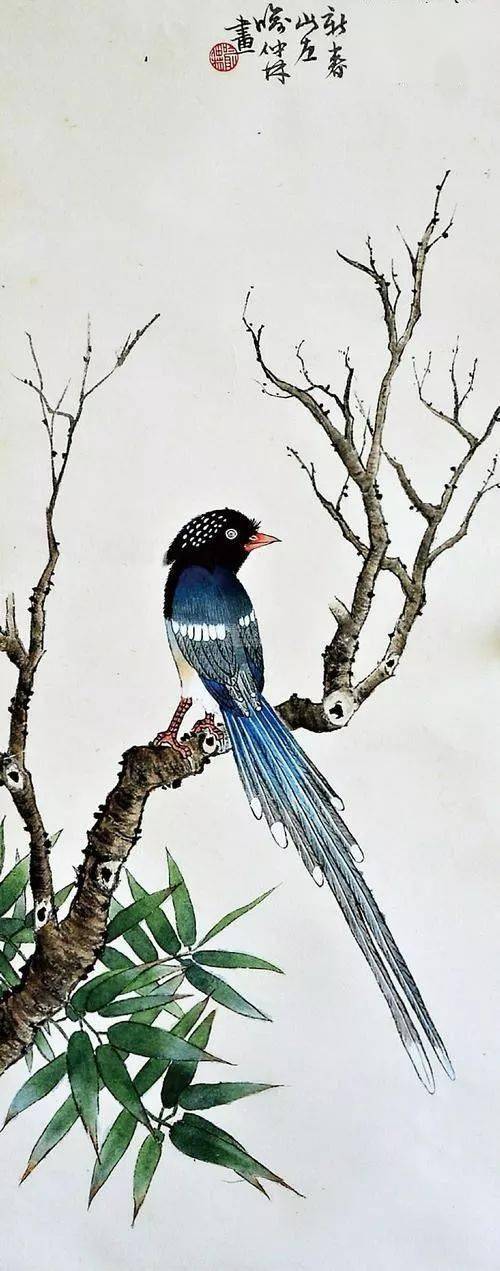
《秋夜寄丘二十二员外》是表达作者在秋夜对隐居朋友的思念之情。前半首写作者自己,即怀人之人;后半首写正在临平山学道的丘丹,即所怀之人。全诗从容落笔,浅浅着墨,语淡而情浓,言短而意深,格调古朴雅致,安闲恬淡,给人以玩味不尽的艺术体验。丘二十二员外:名丹,苏州人,曾拜尚书郎,后隐居临平山上。丘,一作“邱”。
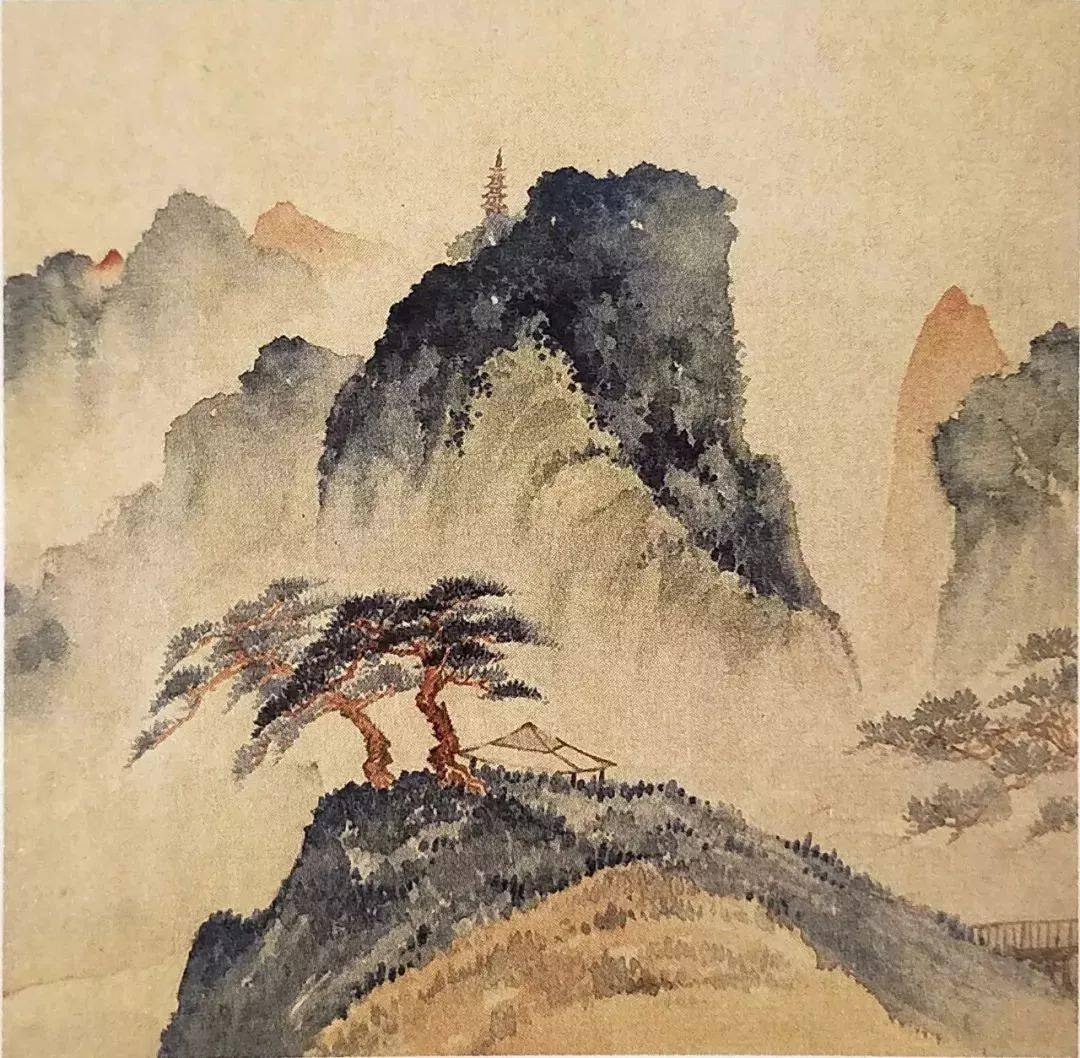
秋夜寄丘员外 韦应物
懷君屬秋夜 散步詠涼天
山空松子落 幽人應未眠
To Secretary Ch’iu on an Autumn Night
Out walking and singing of cooler days
I think of you on an autumn night
pinecones falling on deserted slopes
the recluse I suspect not yet asleep
I think of you on an autumn night
pinecones falling on deserted slopes
the recluse I suspect not yet asleep
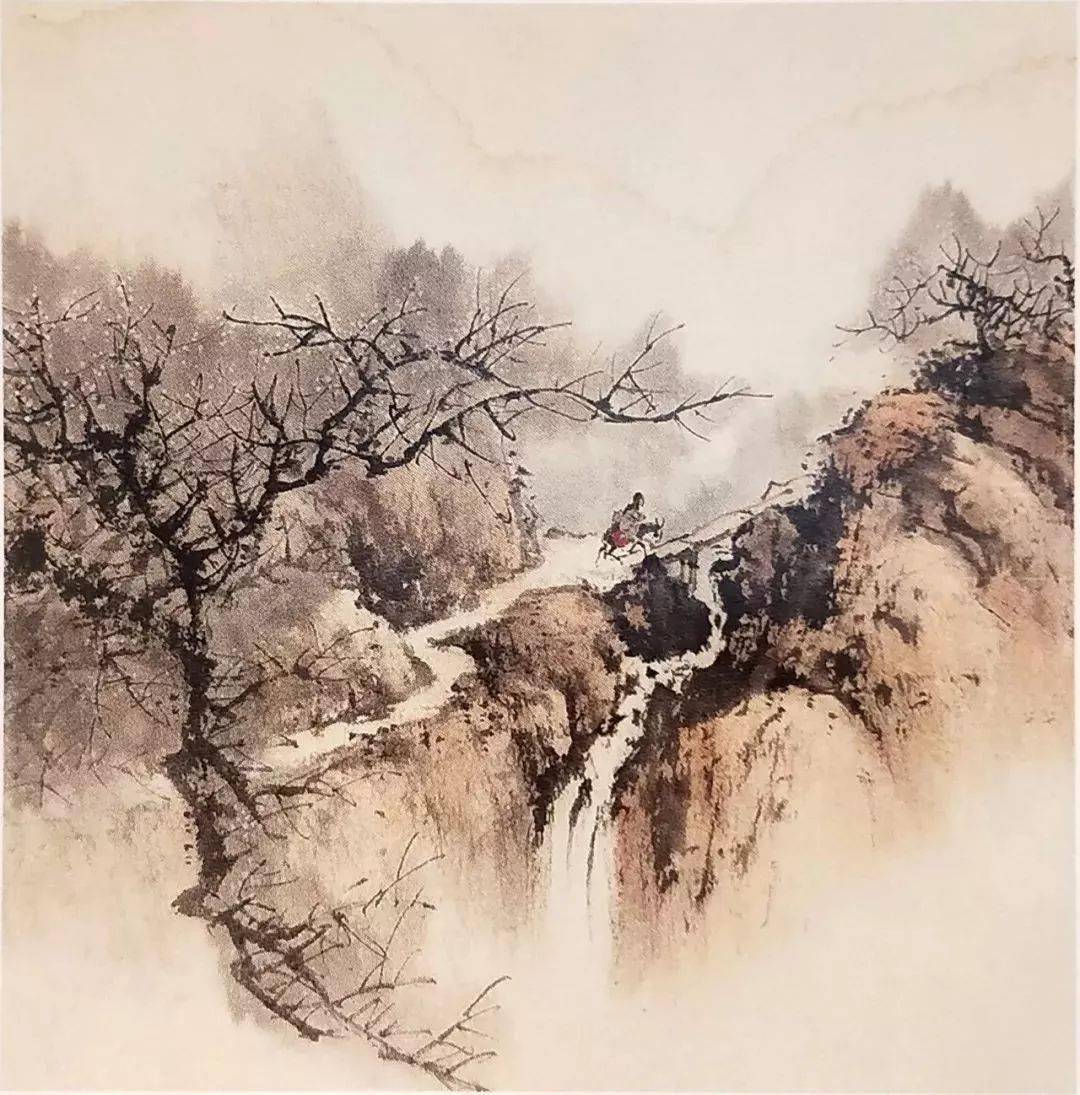
英译者Red Pine这样说明这首诗的:
这首诗是韦应物(737-792)写给丘蔚之弟丘丹的。 韦应物当时担任苏州太守,丘丹曾短暂担任他的秘书。 丘却决定宁修道,便辞官渡江,隐居扬州西北门外的平山隐居。 平山也是大明寺所在地。 几十年前,佛教僧侣释鉴真方丈离开这座寺庙前往日本,他被认为是将佛教、中医和汉语介绍给日本人的人。 因此,平山虽然不是一座大山,但山坡上并非完全荒无人烟(译者把“山空”译作“deserted slopes”)。不过,现在是第八个满月,即中秋节,亲戚和朋友通常会在一起过夜,韦应物试图想象他的朋友一定会感到多么孤独。 松子仍然是中国隐士的重要食物来源。 但在这里,韦应物用它们来强调丘丹的孤独,那里唯一的声音是松果掉落的声音。 还要注意的是,中国这个地区的夏季酷热难耐,任何秋天的迹象都是受欢迎的——尤其是第一口凉爽的空气。
(Wei ying-wu (737-792) wrote this poem to Ch'iu Tan, the younger brother of Ch'iu Wei. Wei Ying-wu was serving as prefect of Suchou at the time, and Ch'iu Tan had served briefly as his secretary. However, Ch'iu decided he would rather cultivate the Tao, and he quit his post, crossed the Yangtze, and retired to a hermitage on Pingshan, just outside the northwest gate of Yangchou. Pinghsan was also the location of Taming Temple. Several decades earlier, the Buddhist monk Chief-chen left this temple and travelled to Japan, where he was credited wi5h introducing Buddhism, Chinese medicine, and the Chinese language to the Japanese. Thus, the slopes of Pinghsan, which was not a large mountain,were not exactly deserted. Still, this was the eighth full moon, or the Mid-Autumn Festival , when relatives and friends normally spend the night together, and Wei tries to imagine how lonely his friend must feel. Pine nuts remain an important source of food for recluses in China. But here, Wei uses them to emphasize Ch'iu Tan's isolation, where the only sound is that of falling pinecones. Note, too, that the summers are sweltering in this part of China, and any sign of autumn is welcome--- especially the first breath of cool air. )
这首诗是韦应物(737-792)写给丘蔚之弟丘丹的。 韦应物当时担任苏州太守,丘丹曾短暂担任他的秘书。 丘却决定宁修道,便辞官渡江,隐居扬州西北门外的平山隐居。 平山也是大明寺所在地。 几十年前,佛教僧侣释鉴真方丈离开这座寺庙前往日本,他被认为是将佛教、中医和汉语介绍给日本人的人。 因此,平山虽然不是一座大山,但山坡上并非完全荒无人烟(译者把“山空”译作“deserted slopes”)。不过,现在是第八个满月,即中秋节,亲戚和朋友通常会在一起过夜,韦应物试图想象他的朋友一定会感到多么孤独。 松子仍然是中国隐士的重要食物来源。 但在这里,韦应物用它们来强调丘丹的孤独,那里唯一的声音是松果掉落的声音。 还要注意的是,中国这个地区的夏季酷热难耐,任何秋天的迹象都是受欢迎的——尤其是第一口凉爽的空气。
(Wei ying-wu (737-792) wrote this poem to Ch'iu Tan, the younger brother of Ch'iu Wei. Wei Ying-wu was serving as prefect of Suchou at the time, and Ch'iu Tan had served briefly as his secretary. However, Ch'iu decided he would rather cultivate the Tao, and he quit his post, crossed the Yangtze, and retired to a hermitage on Pingshan, just outside the northwest gate of Yangchou. Pinghsan was also the location of Taming Temple. Several decades earlier, the Buddhist monk Chief-chen left this temple and travelled to Japan, where he was credited wi5h introducing Buddhism, Chinese medicine, and the Chinese language to the Japanese. Thus, the slopes of Pinghsan, which was not a large mountain,were not exactly deserted. Still, this was the eighth full moon, or the Mid-Autumn Festival , when relatives and friends normally spend the night together, and Wei tries to imagine how lonely his friend must feel. Pine nuts remain an important source of food for recluses in China. But here, Wei uses them to emphasize Ch'iu Tan's isolation, where the only sound is that of falling pinecones. Note, too, that the summers are sweltering in this part of China, and any sign of autumn is welcome--- especially the first breath of cool air. )
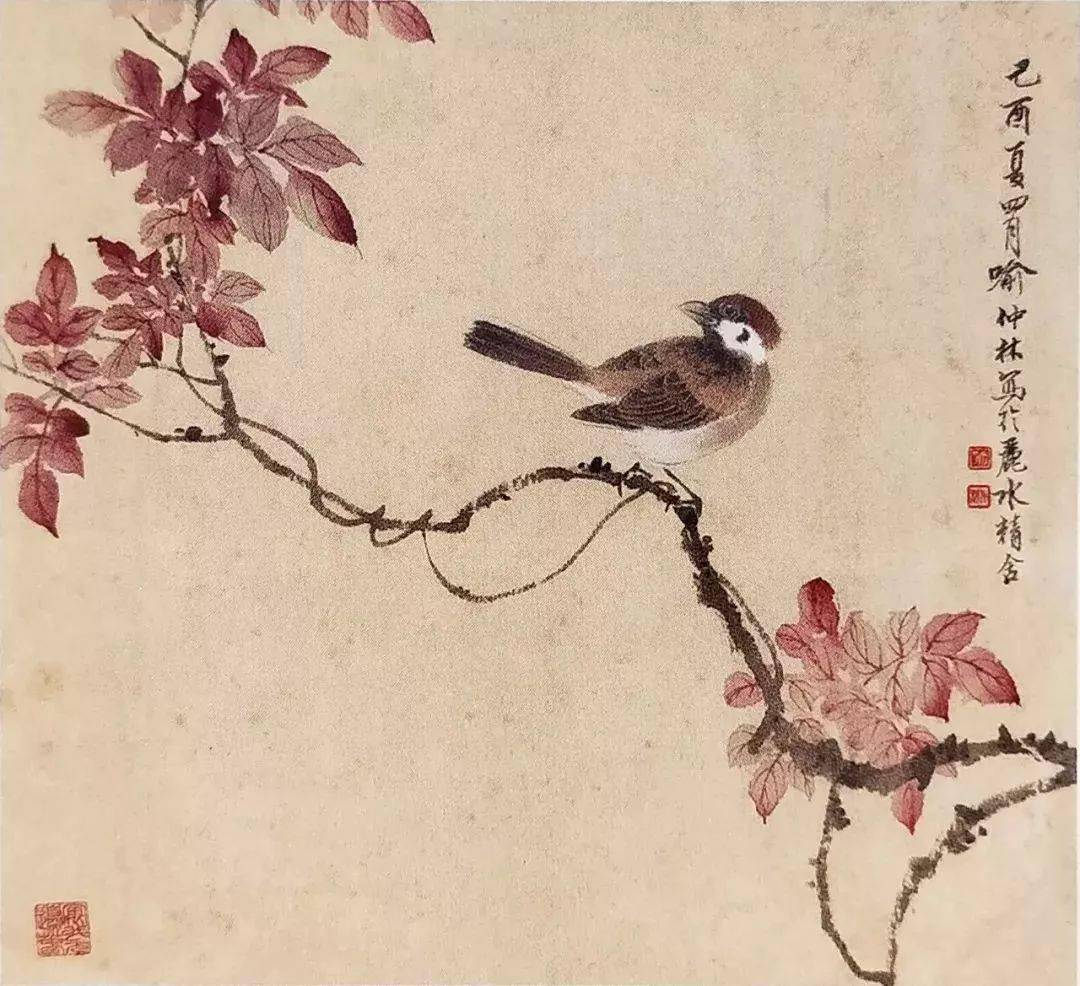
此诗当作于唐德宗贞元四年(788)或五年(789)韦应物任苏州刺史时。丘员外,即丘丹,排行二十二,曾官仓部员外郎,苏州嘉兴(今属浙江)人,时丘丹隐于临平山中学道,韦应物与他屡有往还唱酬。丘二十二员外:名丹,苏州人,曾拜尚书郎,后隐居临平山上。丘,一作“邱”。
《秋夜寄丘二十二员外》是韦应物的五绝代表作之一。它给予读者的艺术享受,首先就是古雅闲淡的风格美。它不以强烈的语言打动读者,只是从容下笔,淡淡着墨,而语浅情深,言简意长,使人感到韵味悠永,玩绎不尽。
怪異風格的驚奇候選人?彭博社這樣介紹柯文哲
如果任何人觉得无聊,那---这首歌触及到了任何人都无法触及的灵魂深处,旋律如此流畅,让你想抓住那个特别的人,用双臂拥抱他们,活在那一刻,永远不会离开……祝所有拥有那个特别的人的人好运!









